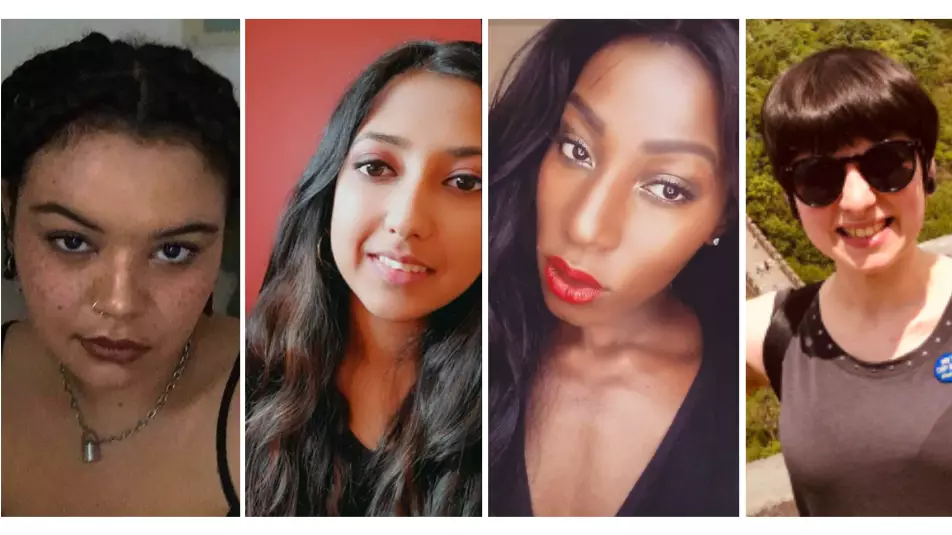
When George Floyd was killed in Minneapolis last week, anger, hurt, disgust and determination for change rippled across not just America, but the entire world.
It was on 25th May that George Floyd took his last breath, after police officer Derek Chauvin knelt on his neck for eight minutes and 46 seconds, despite George's desperate pleas for his life.
The last 11 days will no doubt go down in history. The world, it seems, has reached a pivotal moment and in a year that will most likely be remembered as one of the most tragic, in recent history, there is a growing consensus that something must change as a result of this.
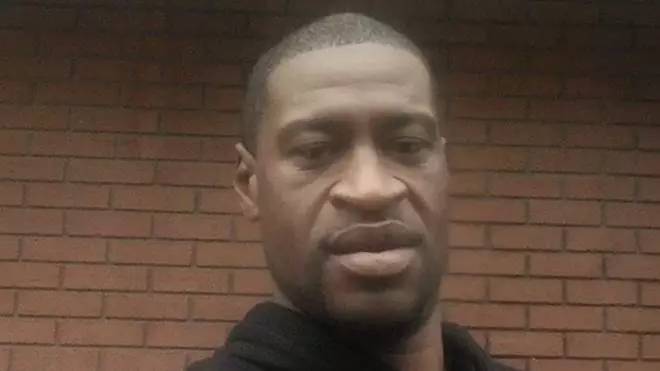
The message is clear: not being racist isn't enough. The world must grow, evolve and educate itself to be actively anti-racist.
Advert
While some people are able to donate to the cause, others are vowing to educate themselves further - not just in this moment, but in a long-term pledge for change and development.
Others are taking to the streets in protest. While the biggest protests so far have taken place across America let's not be under any illusion that this is 'America's problem'.
Not only does racism exist in the UK, but so does a deep lack of understanding. Work is needed.
Tyla spoke to four women who will be taking to the streets in the UK this week (full list of dates and locations here). They explain what it means to them, why it's important and how they plan to stay safe.
Morgan, 20, from Manchester
Advert
Morgan is attending an upcoming protest in Manchester. She's experienced racism throughout her childhood and her teenage years. She told us what protesting means to her - and why it's so vital.
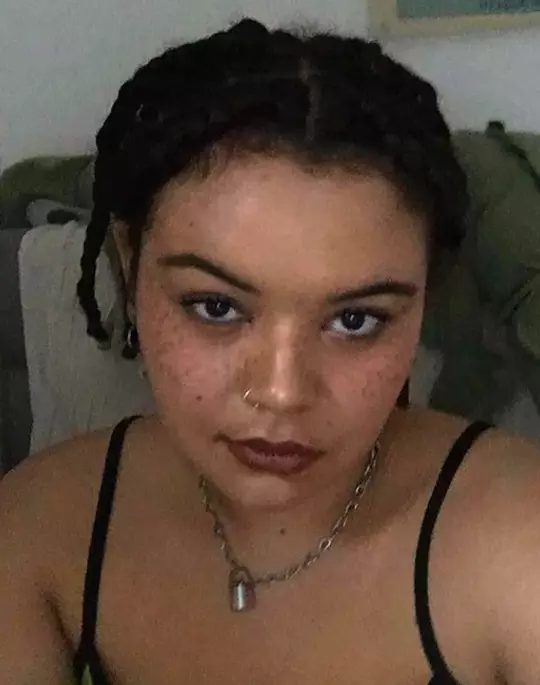
"I'm joining this protest because I feel that what happened to George Floyd was the tip of the iceberg. This isn't just about American police, it's also prevalent in British society," says Morgan.
"We've seen it in schools, in the way the school curriculum has been whitewashed and sanitised. We're raising a generation of children who don't know the international issues that this country has caused.
Advert
"Then there's the medical racism in this country, demonstrated with the coronavirus pandemic. We're seeing a lot of black members of the community dying because of the government's carelessness with PPE.
"A lot of black people are doing these vital jobs, they're on the medical front, they're key workers - but the black community is constantly being ignored by the government.
"I've personally experienced racism throughout my life. For example, at school I was taught my hair could be touched, pulled, teased.
"I have friends who are constantly targeted by bouncers at clubs, not being allowed in because of how they look and because of the colour of their skin.
Advert
"Seeing what happened to George was hard, it was tragic. The thought of him lying there for eight minutes... and from that, you remember your own experiences and your friends' experiences. It's very triggering.
"This is not the first and it won't be the last. It's only because of social media now that we've been able to see it.
"For those looking to attend a protest, I just want to reassure people in terms of coronavirus. There is another pandemic that is killing members of the world and it is racism. We're trying to ensure people's safety but we can't put a pause on standing up in solidarity for George Floyd."
Esther Obi, 29, from Birmingham
Advert
Esther has attended peaceful protests in London and Birmingham. She told us about her own personal experiences of racism and why protesting is so important to her.
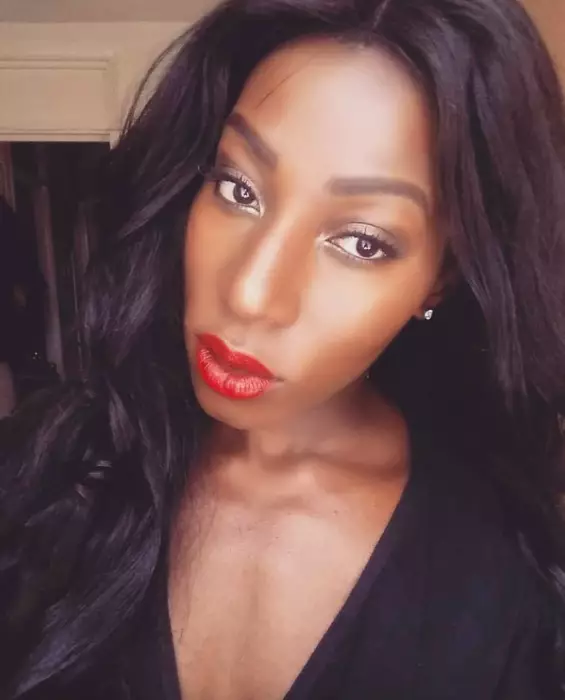
"As a black woman, I've been to university, I've got my masters, but I've been affected by racism throughout my working life.
"I work on a radio station, I've been in the entertainment business but I feel like in the past I haven't been offered the same opportunities as a white person.
"Even if we have the same qualifications, work schedule or portfolio, we've not been given the same possibilities. That's what is happening in the UK.
"In my experience, employers would rather give the job to a white person. Everything should be about diversity. I'm a UK citizen, it shouldn't matter, it should be judged on qualifications alone.
"It's not just work. Every time I go on holiday I have to research to see whether the country is racist, or how many black people live there. I have to do that because I have to be safe.
"When I first heard about George I couldn't believe it, I thought it couldn't be real. This is happening in 2020, really?
"If you can come to one of the protests, I would recommend wearing a mask, staying apart from each other or if you can, come in a group of people from the same household."
Manraj Thind, 20, from Coventry, West Midlands
Manraj has encountered racism throughout her life and is passionate about attending Black Lives Matter protests. She believes they are '"the only way forward" and wants to do everything she can to support the cause.
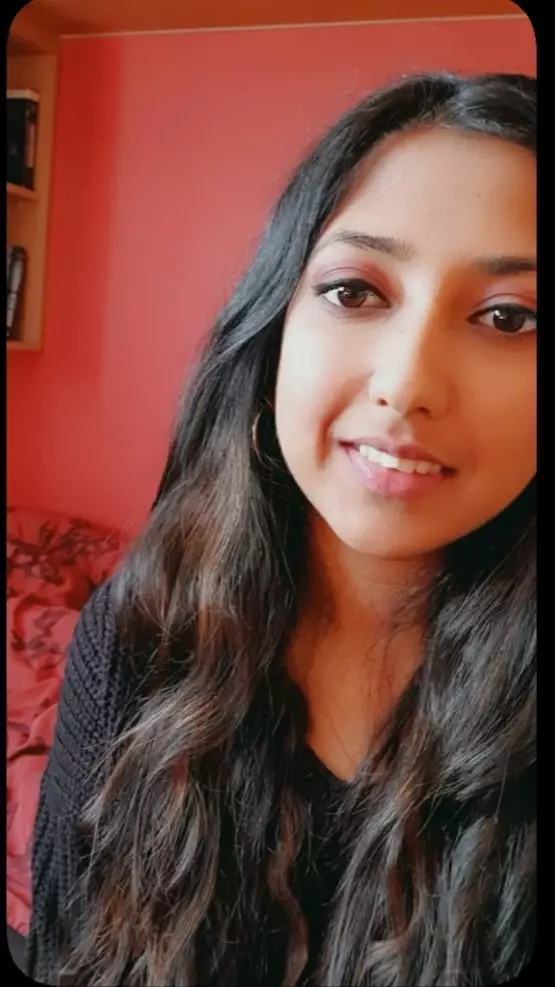
"Growing up in a diverse city, racism was somewhat out of the ordinary to me, but when I saw the footage of George Floyd my heart sank," says Manraj.
"When I watched him suffering and calling out for his mum, I couldn't stop my tears, for me it felt as though I was being held down with him. Why should it take people losing their lives for action to be taken?
"Attending the BLM protests is so essential as they show the support of all [people], no matter what race. For me, I think it's the only way forward; we have tried to talk to the government, but there's only so much talking can do.
"As an Indian, even though I'm British born, I've been told to go back to my 'home country' and have been called a 'p*ki' - this has happened just walking down the street.
"My first encounter with racism was when I was about 12. I was standing in school with a white friend and a group of older boys walked past and said to me, 'Why don't you just go back to your dad's corner shop, p*ki?' I was oblivious to the stereotype of Asians owning corner shops, so my friend had to actually explain it to me.
"I understand people may be nervous about protesting, especially with coronavirus. If you are living with a vulnerable person, try to protest online by spreading the message and do everything you can. If you are able to go, you should wear a mask and even though it is difficult, distance yourself by standing to the side or the back."
Eleanor Theodorou, 28, from Manchester
Eleanor is attending the Manchester protest this week. She believes there will be no peace until there is justice and is determined to stand up for the cause and be counted.
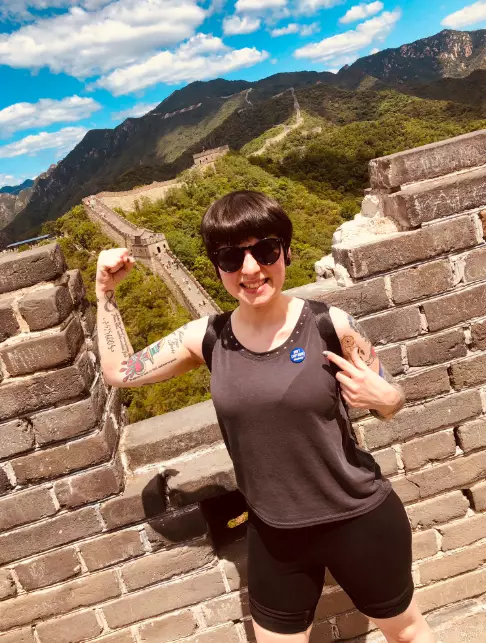
"As white women we have a lot of privilege. We're uniquely positioned to help protect our black brothers and sisters," says Eleanor.
"We're in a position where we need to advocate for the cause and we need to stand up and be counted. As white people we are complicit unless we actively stand up and fight.
"I have a lot of black colleagues who I work with and have crazy respect for and admire - I cannot feel that way about those people unless I stand up and be counted. At the end of the day all lives don't matter until black lives matter.
"When I first heard about George I was heartbroken. But then I thought, if I feel that awful sitting there and watching that as a white girl, how must my friends feel?
"I've seen a lot of people saying they were shocked and appalled - and obviously it is appalling but I'm not shocked. My reaction wasn't one of shock, it was more that feeling of breaking point - it felt like a pivotal moment. Especially in the wake of how many black and ethnic minority people have died from COVID-19.
"We're not innocent in the UK, there are still countless black people who have lost their lives and we will not have peace until we have justice. I don't know how anyone can go home, go to sleep at night and not be consumed by this fire of rage and sadness."
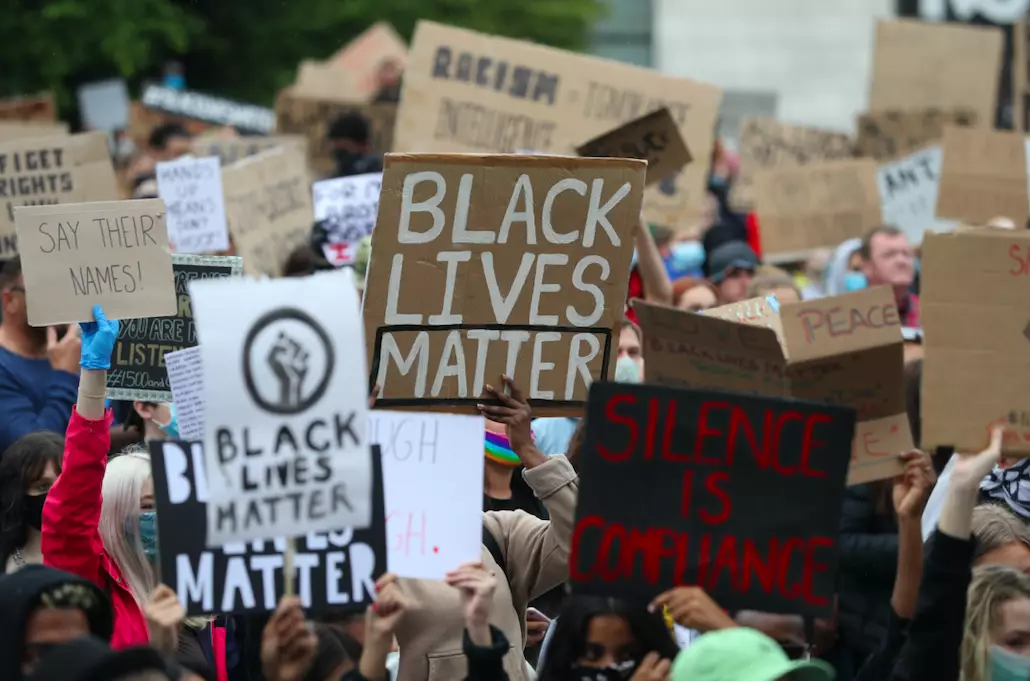
If you can spare the funds, there are a number of charities and organisations you can donate to in a bid to support the cause.
These include Show Racism The Red Card which educates people about racism using workshops, training programmes and multimedia packages.
You can also donate to the George Floyd Memorial Fund here and Black Lives Matter UK (BLMUK) here.
A JustGiving page has also been set up which aims to raise £5,000 to help distribute free books that fight for racial justice.
You can find more information and resources on how to help in the fight against racism here.
Featured Image Credit: SuppliedTopics: Black Lives Matter, Life News, News